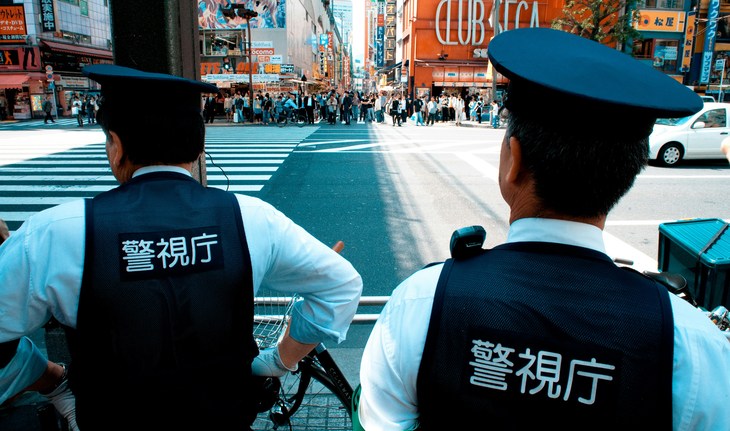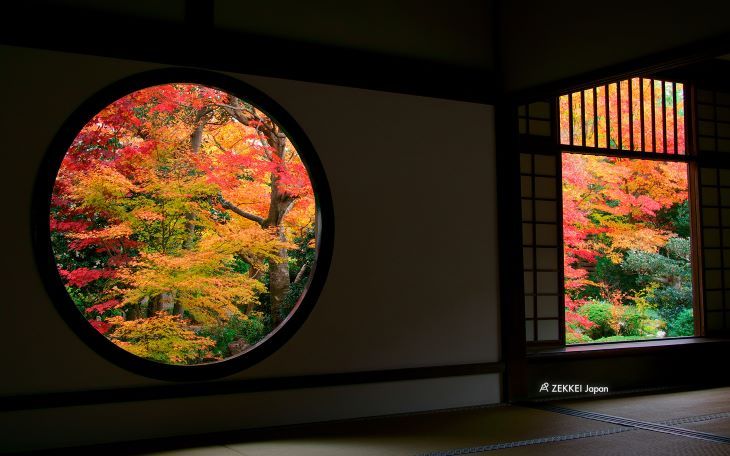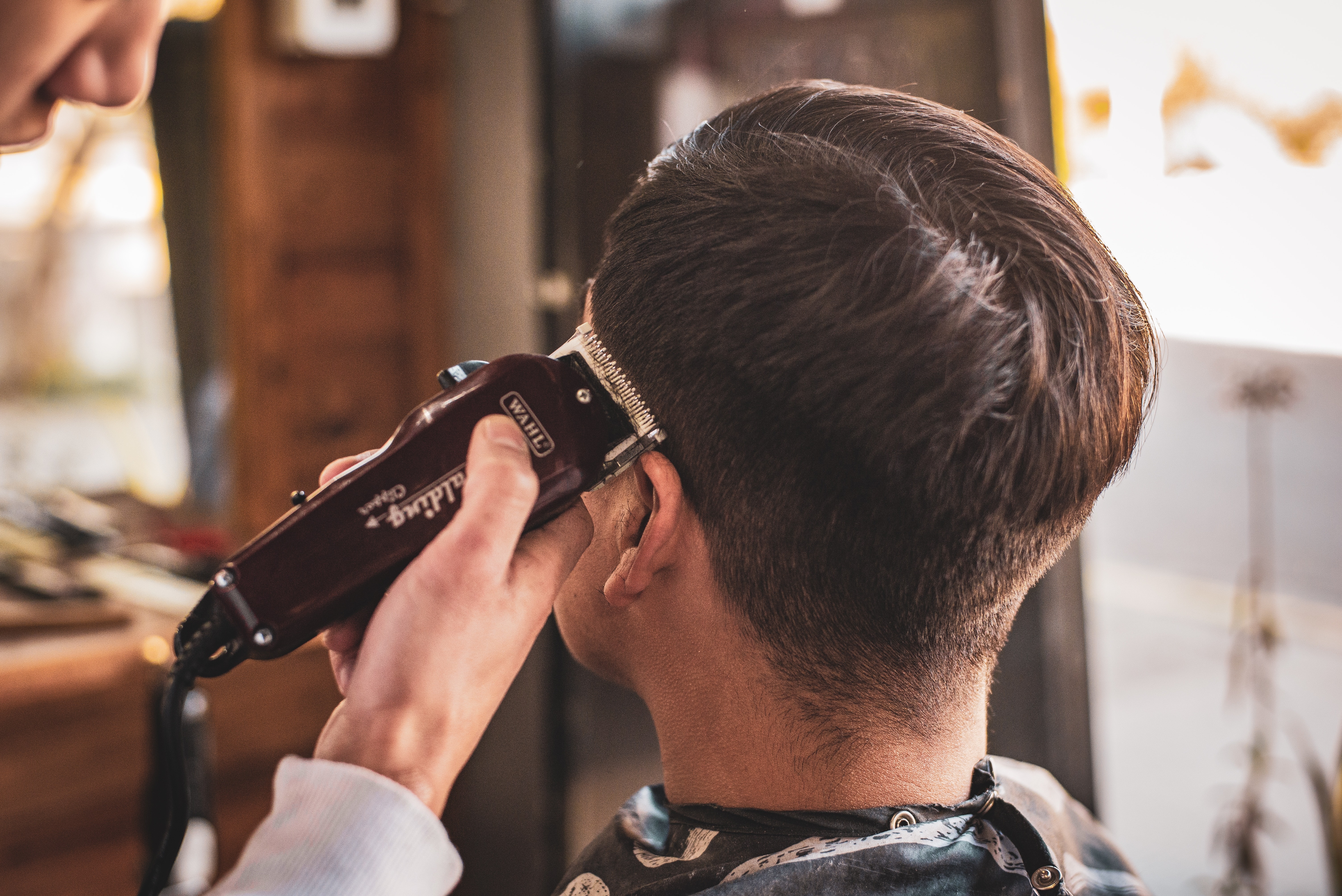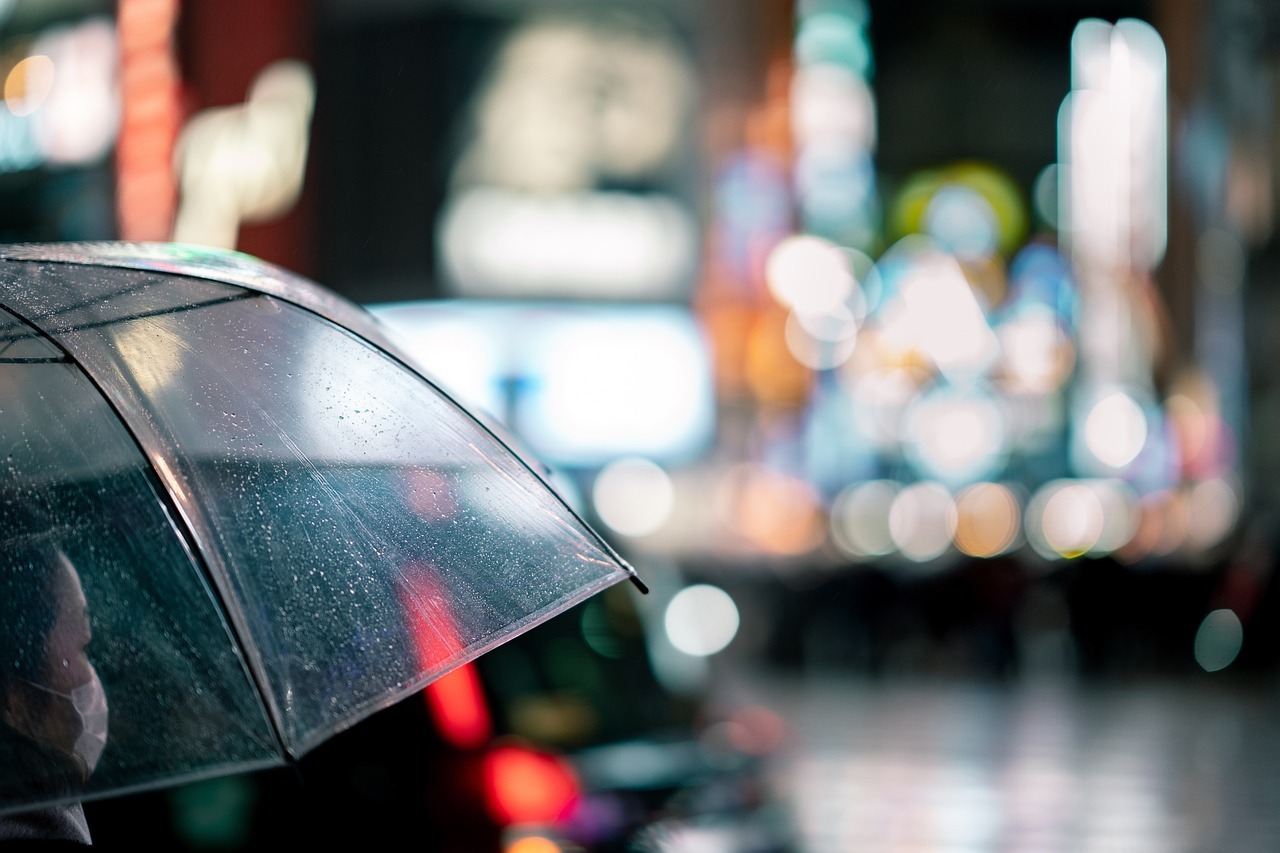Staying Safe in Japan: Crime Prevention Tips, Scams to Avoid, and Home Security
While Japan is known to be a safe country, that doesn't mean that it is completely devoid of crime. That's why it is still important to take precautions to keep yourself, your possessions, or even your home safe.
So let's take a look at the most common crimes in Japan, how to protect yourself from these crimes, and look at some security options for yourself and your home.
Common Crimes in Japan
Perhaps because there is not much violent crime, Japan is thought of as quite safe compared to other countries in the world. But there are still crimes that are quite common here, so let's take a look at the more common ones.
・Petty Theft
Petty theft is the most common crime in Japan, often happening in crowded areas such as train stations, shopping centers, and tourist destinations. Even though you'll hear stories of people leaving phones on trains and managing to get them back without any problems, this doesn't mean nobody steals in Japan.
A good rule of thumb is to always keep an eye on your items, and if you carry around valuables, consider investing in a theft-proof bag.
・Bicycle Theft
Since cycling is such a popular mode of transportation in Japan, the incidences of bike theft are also fairly high.
If you ride a bike and want to make sure it can't be stolen, use two locks: one for the frame and another for one of the wheels. Also, parking your bike in well-lit, busy areas can help deter thieves.
・In-Person Scams
There is a range of different scams in Japan, ranging from simple ploys like rigged ATMs and overcharging in bars to more complex schemes targeting unsuspecting tourists and elderly citizens. A common scam seen in areas like Kabukicho is for "all-you-can-drink" bars to charge an exorbitant number of bogus fees after tempting tourists into the bar with cheap drinks. Scams like these can lose you hundreds to thousands of dollars, and it can be very difficult, if not impossible, for the police to help you.
Digital Scams in Japan and How to Protect Yourself
Physical scams are not the only kinds you should be concerned about. Here is more information on common digital scams in Japan.
・Email and SMS Scams
Email and SMS scams are on the rise in Japan, often disguised as urgent messages from banks, delivery companies, or mobile carriers. To protect yourself:
-
Don't open suspicious messages: Subjects with words like "Important" or "Security Alert" are red flags.
-
Avoid clicking links or attachments: Even if the sender looks legitimate, go directly to the official website or app instead.
-
Never enter personal details via links: Don't input credit card information, IDs, or passwords in response to email or SMS prompts.
-
Use filters and security software: Enable spam filters on your phone or email account. Security apps can block phishing attempts.
-
Keep your system updated: Install OS and app updates to fix vulnerabilities scammers often exploit.
-
Report suspicious messages: Forward them to the Spam Mail Consultation Center (迷惑メール相談センター), which tracks scams nationwide and strengthens anti-fraud measures.
・SMS-based Phishing (Smishing)
"Smishing" (SMS phishing) has been spreading rapidly in Japan. It has become especially common because many services use text messages for two-factor authentication, making users more likely to trust SMS messages.
Typical smishing tactics include:
-
Fake banking alerts asking you to re-register your PIN or login information.
-
Impersonations of delivery services like Yamato or Sagawa, sending "missed delivery" notices with dangerous links.
-
Messages that appear to come from telecom providers (docomo, au, SoftBank) with links to fake billing or payment sites, or apps that install malware.
How carriers are fighting back:
-
All three major carriers now offer SMS-blocking features. You can choose to block all SMS, allow only contacts, or block messages with URLs or suspicious senders.
-
Machine learning filters detect and block likely scams before they reach your phone.
-
NTT DOCOMO has developed an advanced phishing detection system that inspects messages before delivery. Using a database of known threats, it can discard dangerous SMS before they ever appear on your device.
Though protections against these scams are increasing, you still need to be personally vigilant and never trust any suspicious links or messages.
Government Recommendations for Home Crime Prevention
Here are some of the most common and effective measures for protecting your home, as recommended by the government and police:
-
Install security glass (防犯ガラス): This reinforced glass is designed to resist break-ins. Even if struck, it doesn't shatter easily, which can deter intruders or at least delay their entry.
-
Use sensor lights and outdoor lighting: Bright lighting is one of the simplest crime deterrents. Installing motion-sensor lights near entrances, gates, or parking spaces makes it harder for burglars to approach unnoticed.
-
Know the police consultation hotline (#9110): The emergency number in Japan is 110, but for non-urgent situations, such as suspicious activity or security questions, you can call #9110. This connects you to your local police station for advice.
-
Request a free crime prevention visit: Some local police departments offer home security checks. Officers will inspect your doors, windows, and overall layout, pointing out weak spots and suggesting ways to improve safety.
Security Products Available in Japan
If you are looking for some added security that requires no or minimal setup, be it for yourself or for your home, there are options available for you.
・Personal Alarms
These devices are invaluable if you feel vulnerable while you are out, especially at night. They are small, easily activated, and can deter attackers by drawing attention with a loud noise.
・Anti-Theft Backpacks
These backpacks are pricier than regular backpacks but are packed with security features. They usually have hidden compartments, RFID-blocking materials, and are made from slash-proof fabric. By keeping your valuables in bags like these, it will be much more difficult for people to steal from you.
・Security Cameras
There are many security cameras available for sale in Japan, and they generally feature motion detection and night vision, and often can be checked and controlled remotely from your phone. These can be a reliable choice to help protect your home.
Home Security in Rental Apartments
While many rental apartments come with built-in security features like auto-lock systems and surveillance cameras, they are not immune to crime. In fact, rental apartments are a popular target for burglars in Japan, so it can be worth it to invest in extra security if it is not provided by the rental. Let's look at how to get extra home security set up, as well as some popular security companies in Japan.
・Setting Up Home Security in a Rental:
1. Consult with the Landlord or Property Management: If you own your home or apartment, it is easier to set up security. But if you're renting, you'll need to ask for permission from your landlord or property management company first. Once you get their permission, you can move on to the next steps.
2. Choose a Security Company: There are various home security companies in Japan, ranging in size. The choice of company will affect the type of service, ease of use, and cost, so take your time to do research and choose carefully. The company's size, number of locations, track record, the responsiveness of the staff, and the quality of training may all significantly impact the quality of service and, therefore, your home's safety. If you are serious about installing home security in your home, be sure to compare all the options available to you.
3. Sign a Contract & Have the Security Equipment Installed: Before signing any contracts, be sure to request quotes from multiple companies! Once you are happy with your choice of security company and sign a contract, they'll come to your apartment and install the necessary equipment (unless the equipment can be installed independently). Depending on the kind of equipment being installed, they may need to do some rewiring in your apartment, and the setup could take a whole day.
After the equipment is set up, you'll receive explanations about using the cameras or other security equipment. From then on, your apartment will have that extra layer of protection.
・ Home Security Companies in Japan
Here are some popular home security companies capable of setting up and monitoring both owned and rented properties.
ALSOK offers a security system that detects break-ins, fires, and gas leaks, alerting guards to respond. This security can even be used at properties without internet access. Pricing starts at ¥3,000 monthly, with initial costs of ¥35,000 for installation and ¥139,800 for equipment if you buy the equipment. The rental plan costs slightly more at ¥5,420 monthly.
Learn more here.
Leafee is a retrofit home security solution requiring no installation. All you need to do is attach sensors to windows that will detect and alert you to any openings via your smartphone. Its purchase plan costs ¥980 per month for those with internet access, and ¥1,480 for those without. Installation is free, and the system is primarily geared towards users who want to set up security on their own.
Learn more here.
Secual offers a casual home security service designed for easy self-setup, with sensors that notify users of any door or window disturbances. The minimal initial setup cost is around ¥10,000, making this option much more affordable than some others.
Learn more here.
Stay Safe!
While Japan is one of the safest countries in the world, it's always smart to take precautions. With a few proactive steps, both online and at home, you can enjoy peace of mind while living or traveling here.

























